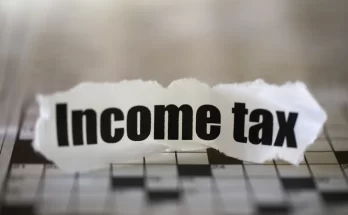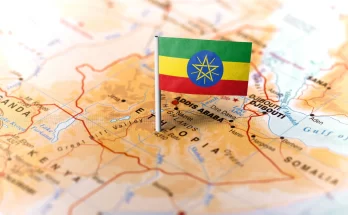World Bank Recommends Carbon Tax on Fuels to Boost Kenya’s Revenue and Climate Goals. The World Bank is advising the Kenyan government to implement a carbon tax on imported fuels as part of efforts to increase revenue and advance the country’s climate commitments under the Paris Agreement.
In its latest Kenya Public Finance Review 2025, the Bank estimates that such a tax could generate approximately KSh40.5 billion annually, equivalent to around 0.25 percent of Kenya’s GDP by 2030.
The proposed measure is aimed at aligning Kenya’s tax policy with environmental objectives while addressing fiscal consolidation.
According to the report, taxing fuels at the point of entry would better capture the social cost of carbon emissions and simplify implementation challenges that might arise under alternative models, such as vehicle taxation.
“Introducing a carbon tax at the point of entry would ensure that the environmental cost of fuel consumption is properly accounted for,” the Bank noted in the report.
Revenue and Equity Considerations
The World Bank emphasizes that while the proposed tax would raise substantial revenue, it could also have a significant impact on the cost of living, particularly through increased transport costs and related inflationary pressures.
“Poorer households spend a larger share of their income on transport, so the impact of a carbon tax on fuel prices would likely be regressive,” the Bank cautioned.
To mitigate these effects, the report recommends that 30 percent of the revenues from the carbon tax be allocated to cash transfer programmes targeting low-income households. These social transfers could help cushion vulnerable groups from the higher costs of goods and services.
Nigeria Introduces Tax Relief Framework to Boost Oil Sector Efficiency
Aligning Tax Policy with Climate Goals
In addition to fiscal benefits, the Bank argues that a carbon tax would help internalize the environmental costs of fossil fuel consumption, reducing market distortions that currently make fossil fuels appear cheaper than they truly are.
“By reflecting the real cost of carbon, a fuel tax would encourage firms and consumers to shift towards more sustainable practices,” the report explained.
Implementation Challenges and Policy Alignment
While the Bank acknowledges Kenya’s recent progress in reducing VAT exemptions on fuel—a step it described as environmentally progressive—it insists that a dedicated carbon tax remains the most strategic and timely policy option.
“Vehicle taxation is already part of Kenya’s medium-term revenue strategy,” the report noted, “but taxing fuels at entry would more effectively achieve Kenya’s fiscal and environmental objectives.”
Next Steps for Policymakers
The World Bank’s recommendation aligns with Kenya’s Medium-Term Revenue Strategy, which already recognizes the potential for carbon taxation. Analysts say that the implementation of such a tax would require careful coordination with other fiscal measures to avoid unintended economic consequences.
As the Kenyan government considers this proposal, tax professionals and policymakers will be closely watching how the measure is framed and rolled out—particularly regarding safeguards for vulnerable households and the potential impact on inflation.
The debate over carbon taxation continues to highlight the delicate balance between revenue generation, social equity, and climate policy—a challenge that Kenya’s policymakers must now navigate carefully.




